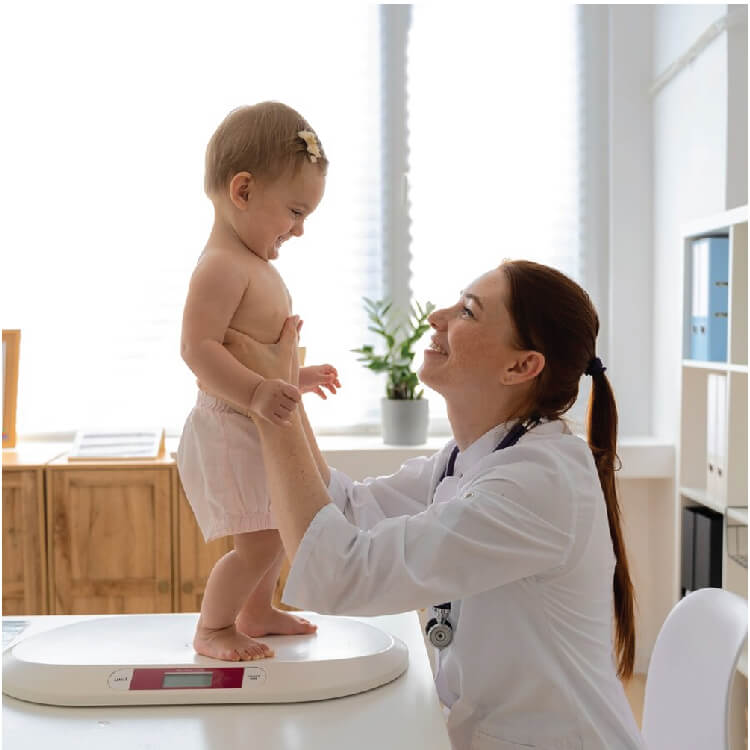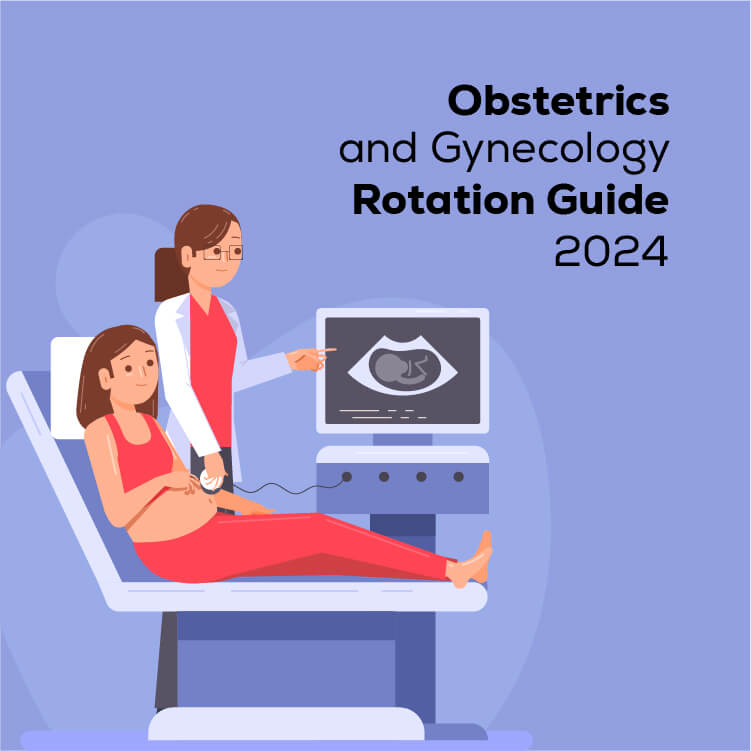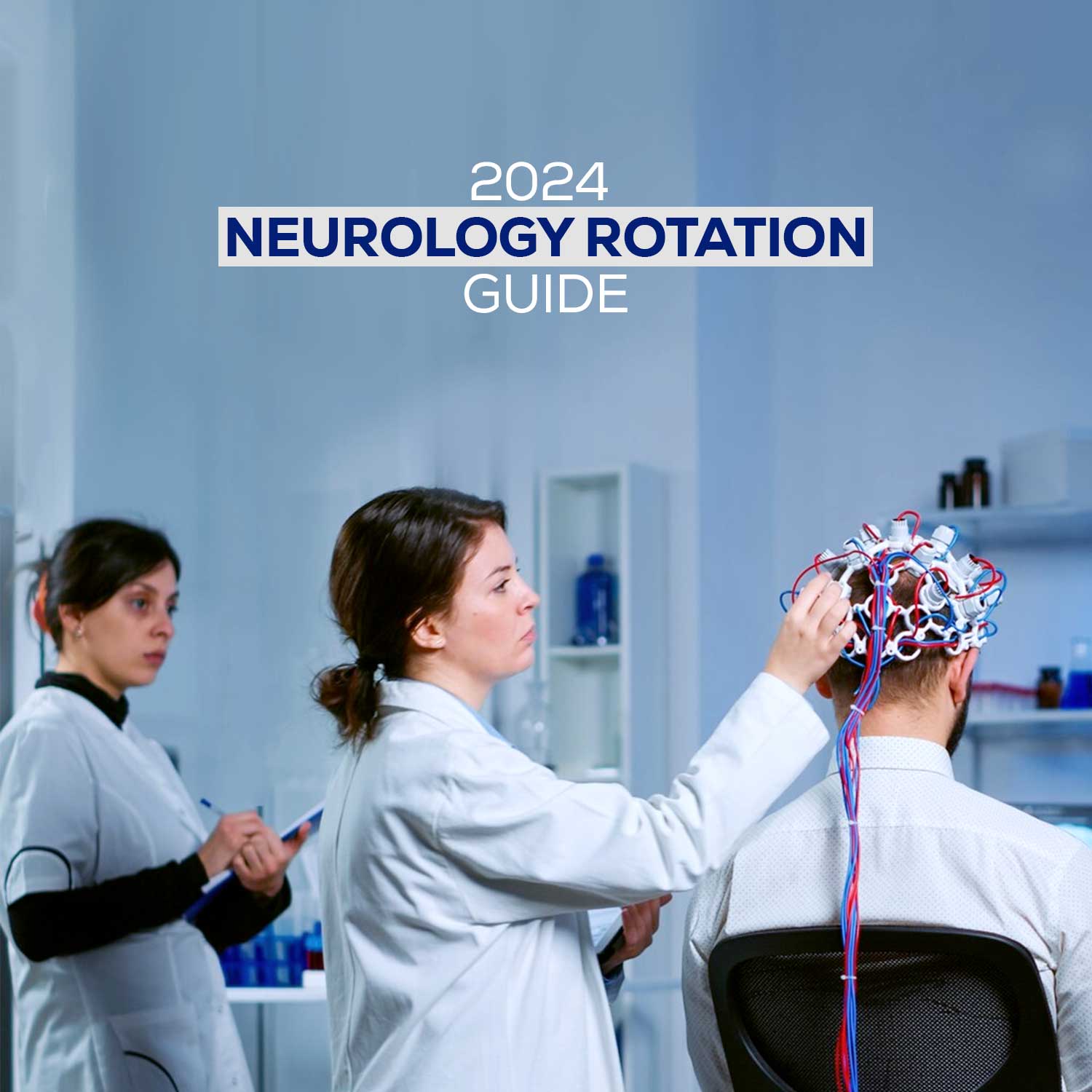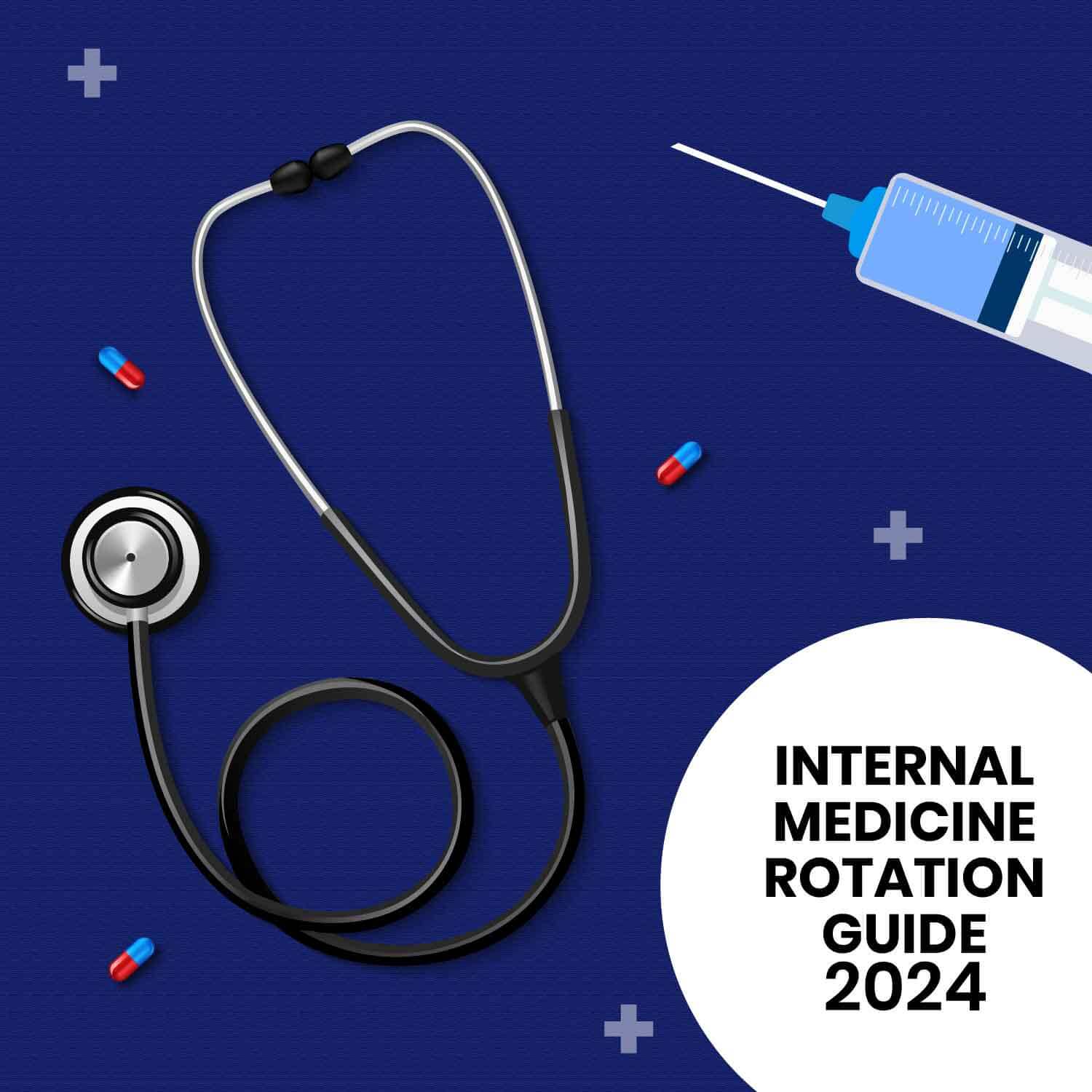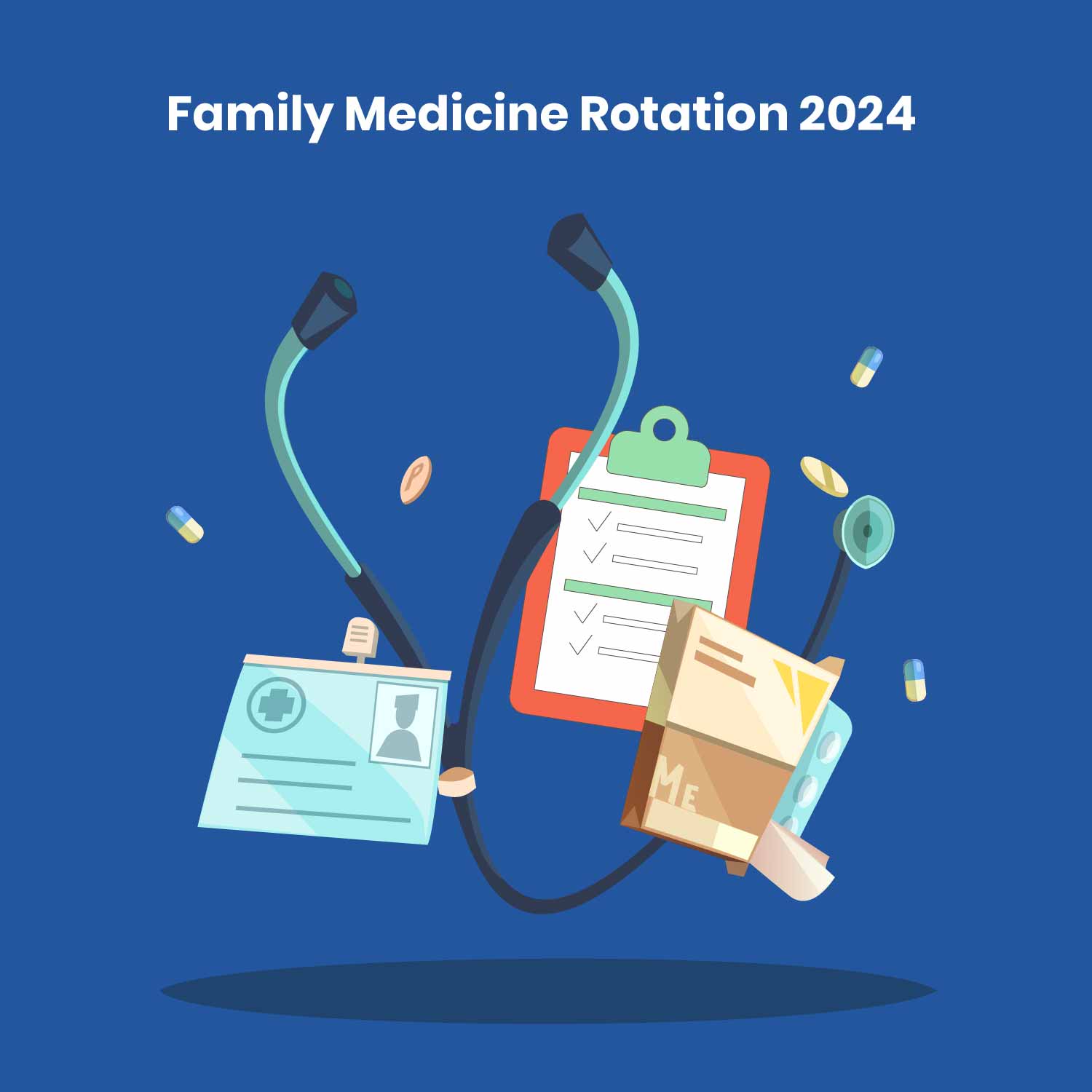
Congratulations on making into medical school! We hope that you have taken a moment or two to appreciate that all your hard work has finally paid off. It isn’t surprising that you are already looking for tips to survive medical school. The first year of medical school is actually the most important, as this is when you’ll be setting a precedent for the rest of your medical education.
USDoctors.co brings you the best first-year tips for medical school. Read on to discover exactly what you need to do to ace your first year.
Tips to Survive Medical School
1- Consistency over Cramming
The sheer volume of material that you will be asked to process during the first year of medical school will often seem criminal, even unreasonable. If you’re the type of student who only studies over the weekend then you’re in for a painful surprise, since there is no way to cram all the information in two days!
If you still decide to take your chances, you’ll find yourself slowly falling behind, so much so that by the time your exams roll around, you will have to conquer an insurmountable mountain of coursework. It is no surprise then this is among the most frequently cited study tips for medical school. Cramming may have worked for you so far, but medical school is a completely different arena; you cannot afford to lose.
2- Develop Good Study Habits
This is an extension of the first point as studying consistently is one aspect of developing good study habits. Good study habits not only require consistency of action, but also consistency with regards to location, and time. This means that you should have a predetermined place, let’s say your study room, along with a set time of the day, let’s say five hours, during which you will study with complete focus. Furthermore, you must ensure that there is nothing to distract you in your study space (hint: your phone) and no commitments that will drag your attention away from your books.
3- Find Your Learning Style
You will find this one in all lists that contain study tips for medical school. All of us learn differently which is why you should monitor your study sessions and reflect on them afterward. This is so you can rest assured that your study time is as efficient as possible and that you are using the tools and strategies that will yield the best possible results.
For instance, if you learn best visually then the typical medical textbook may not be the best tool for you, and you should instead look for video resources that cover the topics you need to study. It is also important to build your study schedule according to your learning style; for example, if you’re the kind of student who can’t focus for more than an hour, your schedule should accommodate your attention span. In essence, having your learning style pinned down can help you assert your personality onto the work rather than having the work determine it for you.
4- Stay Flexible
All this talk of set patterns, schedules, and locations might lead you to the conclusion that there is no room for flexibility in medical school. This is incorrect; in fact, nothing could be further from the truth since a consistent and effective study routine guarantees that you will have enough time to deal with unexpected events in life. Whenever such events arise, for instance, a family member’s wedding or a friend’s birthday, remember that taking some time off would not be the end of the world! If you’re really concerned about it, you could use the borrowed time method which allows you to borrow time from your study time as long as you return it on another day. However, you should be completely honest with yourself when following such a strategy.
5- Build Conceptual Frameworks
Pay attention because this is one of the most important tips to survive medical school! It is crucial that you build concepts rather than relying on rote learning because you cannot excel at medical school through memorization alone. The reason for this may not be immediately obvious, especially if you are used to, and have previously received good grades through memorization. However, the benefits of this approach will become clearer down the line when your memory starts to fade and you begin to rely more on the conceptual frameworks that you developed early on in your first year.
6- Be Mindful of Your Mental Health
Everything in medical school moves at a lightning-fast pace and most of the time you’ll find yourself struggling to stay on top of it all. As a result, it is very easy to ignore signs of mental anguish, especially when you’re so focused on your academic performance. Many medical students lie to themselves, delay break times, pull consecutive all-nighters, and ignore messages from friends and family until it’s too late. In your search for academic excellence, don’t forget to tend to the human inside you; take planned breaks, set aside a day to hang out with your loved ones, and pursue your hobbies as well! This should help you stay relaxed, grounded, and ready to face the difficult challenges posed by a medical school.
Finally, take medical school for what it is – a school! It is meant to be a safe space for you to learn everything you need to know to become a doctor. This should also serve as a reminder to you that the best tips for medical school are useless if you keep forgetting you’re in school. Plan ahead, learn what works best for you, and don’t be afraid to take some time out for yourself!
If you need more information about the various aspects of medical school, feel free to check out the resources available at the USDoctors.co blog!
ABOUT US
Clinical Rotations For Foreign Medical Students, Nurse Practitioners, Physician Assistants and Graduates.
USDoctors.co specializes in providing invaluable hands-on clinical rotations to both foreign medical students, nurse practitioners, physician assistants and graduates. Our clinical rotations are strictly set up to help you get the US clinical experience and letters of recommendation that will greatly increase your chances of US residency placement.

